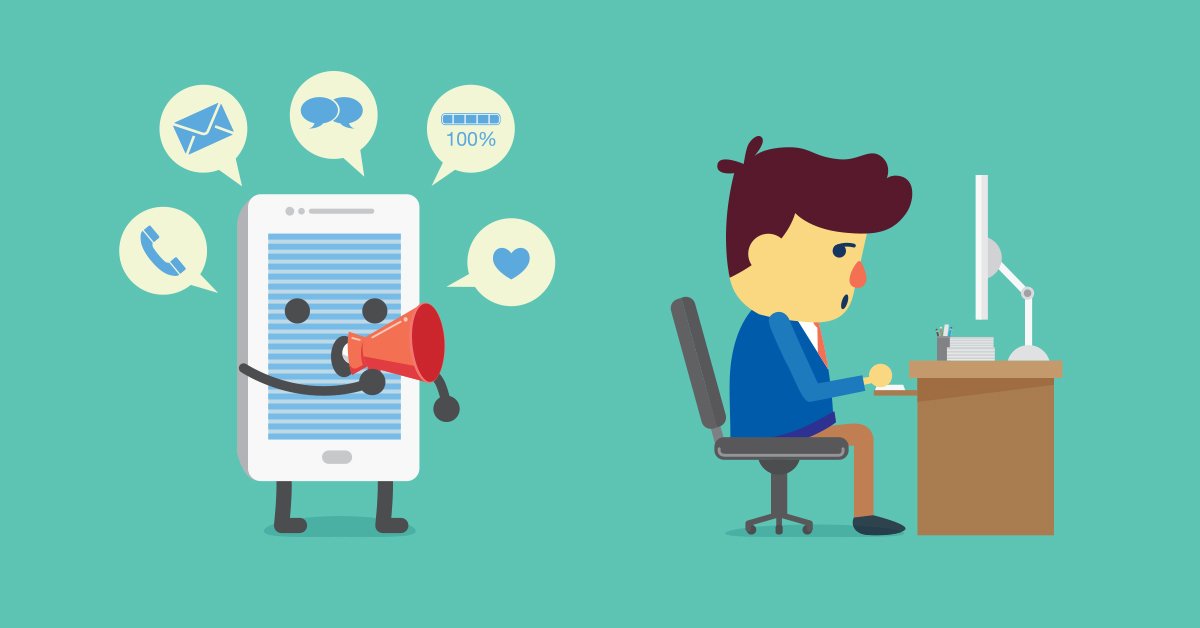Nowadays we have very few guidelines and an awful lot of options, and all these options are giving us quite a bit of uncertainty and self-doubt. We need leaders that can create big promises to customers, and help their organisations deliver on those promises. Leaders who master both strategy and execution start by building a bold but executable strategy. Next, they ensure that the company is investing behind the change. And last, they make sure the entire organisation is motivated to go the journey.
There are 4 parts of emotional intelligence (EQ):
1. Self-awareness
2. Self-management
3. Empathising
4. Social skills
Within each and every one of these domains are there specific learned and learnable abilities that will make sales executives outstanding performers. Within the self-management cluster there’s not only better managing of negative emotions, there’s also adaptability. Maintaining a positive outlook, no matter what happens in your life, keeping an eye on that long-term goal despite setbacks, obstacles, and distractions. Mindfulness doesn’t help you directly with any of these but if you want to look at all the EQ attributes and competencies then I’ll be willing to guide you through the process of additional learning. Contact me via e-mail for 1-on-1 executive coaching.





















